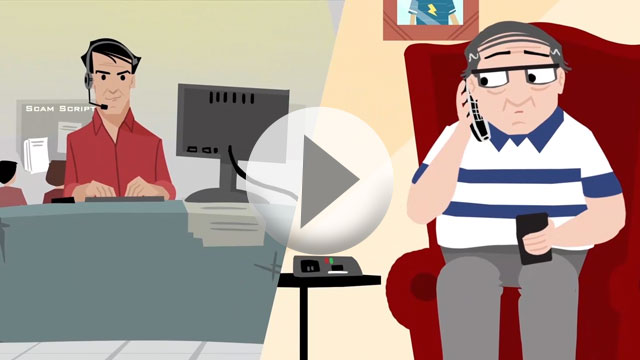“Grandma: I’m in the hospital, sick, please wire money right away.” “Grandpa: I’m stuck overseas, please send money.” Grandparent scams can take a new twist – and a new sense of urgency – in these days of Coronavirus. Here’s what to keep in mind.
In grandparent scams, scammers pose as panicked grandchildren in trouble, calling or sending messages urging you to wire money immediately. They’ll say they need cash to help with an emergency – like paying a hospital bill or needing to leave a foreign country. They pull at your heartstrings so they can trick you into sending money before you realize it’s a scam. In these days of Coronavirus concerns, their lies can be particularly compelling. But we all need to save our money for the real family emergencies.
So, how can we avoid grandparent scams or family emergency scams? If someone calls or sends a message claiming to be a grandchild, other family member or friend desperate for money:
- Resist the urge to act immediately – no matter how dramatic the story is.
- Verify the caller’s identity. Ask questions that a stranger couldn’t possibly answer. Call a phone number for your family member or friend that you know to be genuine. Check the story out with someone else in your family or circle of friends, even if you’ve been told to keep it a secret.
- Don’t send cash, gift cards, or money transfers – once the scammer gets the money, it’s gone!
For more information, read Family Emergency Scams. And if you get a scam call, report it to the FTC at ftc.gov/complaint.
(This blog is part of the FTC's imposter scam series.)


In reply to This happened to me 3 months by Jane
In reply to My mom was called by a man by Happened in Florida
In reply to This happened to me 3 months by Jane
In reply to I was saved from a large by almost fooled
In reply to About six months ago I by Ron
In reply to This happen to my family by Fool me once c…
In reply to This happen to my family by Fool me once c…